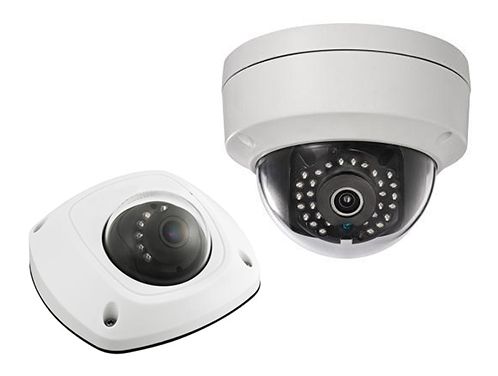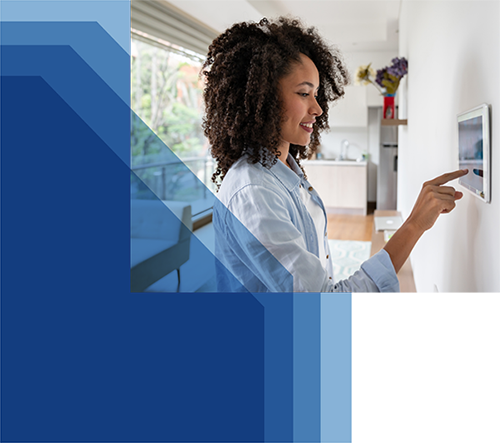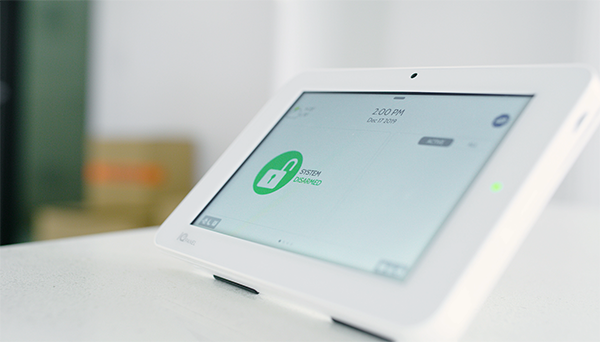While the likelihood of IP (Internet Protocol) connected devices being hacked is very small, it can happen if cameras are connected to an open internet connection or if there are weaknesses in the device username or password protection.
Don’t compromise on security
Hackers who gain access to internet-connected devices can threaten an individual’s personal safety or a company’s property and data.
Common security weaknesses that can put users at risk of hacking include using passwords that are reused or easily guessed, failing to update out-of-date anti-virus software, and connecting cameras through unsecured Wi-Fi and Bluetooth connections.
For this reason, those looking to purchase or upgrade their security cameras, research is critical. For peace of mind, IP-enabled cameras are best purchased from a credible and authorised security provider, such as ADT Security, who ensure cameras are professionally installed with appropriate encryption software and password protection authentication.
As IP-enabled cameras offer users the ability to stream vision to internet-connected devices, including computers, smartphones and tablets, to and from anyone, anywhere and at any time, they have become a convenient and popular choice for keeping an eye on kids and pets at home, or for businesses to monitor their workplace while on the go.
If cameras are not adequately password-protected, there is an increased risk of being hacked by cyber criminals and compromising property and personal security.
Securing internet enabled cameras
The Australian Cyber Security Centre recommends the following steps to secure IP-enabled cameras:
- Change the passwords and other default settings on IP-enabled cameras before first use and learn how to create and remember strong passwords.
- Turn IP-enabled cameras off when not in use.
- Turn off remote access when not required.
- Make sure your home and business wireless networks are properly secured, limiting who knows the password and updating passwords if there are changes to staff or occupants in the home. Learn how to protect your network.
- Ensure you regularly update software and operating systems, and apply patches on all of your devices, including smartphones and tablets. Learn about updates.
- Follow the manufacturer instructions carefully when installing and configuring IP-enabled camera settings.
While it can be tempting to purchase IP-enabled technology, such as a security camera, from online sellers, increased risks associated with hacking and exploitation can compromise your safety so it is important to be vigilant from the purchase point.
Be prompt with installation and setting up password protection, and ensure regular maintenance and updates to software and operating systems.
If you’re interested in investing in a home security system, or upgrading your existing one, talk to an ADT Security professional today.





